This morning I woke to see an article heralding virgin coconut oil as a cure for arthritis!
Obviously, this got my attention! I thought I’d be bringing you news of some new discoveries on top of the obvious superfood benefits.
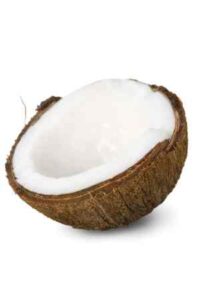 Can coconut cure arthritis?
Can coconut cure arthritis?
Did you know that virgin coconut oil has even more potential for fighting disease when it’s broken down with heat? This is according to a recent study conducted in India which showed that heating coconut oil brings out its anti-oxidant qualities, making it an even better choice for healthy cooking. So if you’re looking for a more nutritious way to cook with this delicious food, consider breaking down your virgin coconut oil with heat!
This newly discovered mechanism increases the anti-inflammatory potency of virgin coconut oil and is being touted as a treatment for systemic inflammation.Researchers found that heating the virgin coconut oil in water (wet-milling) broke down the protein bonds that hold the antioxidants in place, allowing more of them to be absorbed into the coconut oil.
The findings of the Indian study showed that using a wet-milling process to create virgin coconut oil boosted its anti-oxidant capacity by an incredible 20%. Even more impressive was the discovery that when this newly created oil was used to treat rats suffering from induced inflammation, there were some remarkable benefits. This just goes to show that virgin coconut oil can be a powerful and effective weapon in the fight against inflammation.
Does it work?
Initial results show that a dose of 80 mg per kg of body weight proved to be non-toxic in rats and was able to demonstrate an improved ability to inhibit swelling and inflammation.
Significant anti-inflammatory benefits were recorded, including reduced expression of COX-2, iNOS, TNF-a, and IL-6, along with reduced concentrations of the thiobarbituric acid reactive substance.
Even more remarkable was the fact that treatment with virgin coconut oil processed by the wet-milling method not only decreased C reactive protein levels, but also white blood cell counts. This is indicative of its powerful anti-inflammatory properties, making virgin coconut pil an excellent choice for those suffering from joint pain and inflammation. Furthermore, studies have also shown that this processed coconut oil can suppress inflammatory cells such as reactive mesothelial cells in the synovial fluid found in the joints. [1]
What is wet milling?
 We have all performed a similar action to wet-milling when we make a cup of tea. The meat from the fruits of the coconut was ground up to a fine paste and boiled in water to release the beneficial compounds contained inside. You are all probably aware that using high temperatures during processing can damage the vital nutrients and enzymes that our food contains.
We have all performed a similar action to wet-milling when we make a cup of tea. The meat from the fruits of the coconut was ground up to a fine paste and boiled in water to release the beneficial compounds contained inside. You are all probably aware that using high temperatures during processing can damage the vital nutrients and enzymes that our food contains.
Unfortunately, the study doesn’t say if the other nutrients and enzymes in the coconut are damaged by the heat in the wet milling process.
I guess we’ll have to wait for any new supplements to arrive before we can enjoy the promise of supercharged antioxidant coconut-powered supplements.
The best we can do for now is to remind you of the huge amount of beneficial nutrients provided by eating raw coconut, and hope they find a way to preserve all of those natural ingredients.
If you’re looking for an alternative way to enjoy the benefits of coconuts, why not try making your coconut butter or snacks? All you need is a trusty angel juicer and some pre-soaked coconut meat. This process is easy, requires no baking, and can be used to make wonderful treats like protein balls.
Not only will this method allow you to take advantage of all the deliciousness that coconuts have to offer, but it will also give you access to their natural antioxidant powers – including those found in low levels of tocopherols.
So why not take advantage of what coconuts have to offer and try out this easy and fun alternative way of enjoying them?
Some of the natural goodies in coconuts can be seen below.
Tocopherols
Virgin coconut oil is well-known for its versatility and delicious taste. But did you know that this culinary favorite also contains low levels of tocopherols? Even though these levels are lower than other vegetable oils, tocopherols should not be overlooked – they provide powerful antioxidant actions which can help to protect your body against the damaging effects of oxidative stress.
In addition to their antioxidant properties, research has also uncovered a wide range of potential health benefits associated with consuming tocopherols. This includes helping to reduce LDL (“bad”) cholesterol levels and supporting cardiovascular health.
So next time you’re looking for a healthy cooking alternative or a tasty topping for your salads, remember that virgin coconut oil is rich in powerful antioxidants like tocopherols! Not everyone has a juicer capable of extracting the juice from the coconut meat so I think it is important that are able to get your coconut nutrients where possible.
Tocotrienols
Recent findings have revealed that tocotrienols are far more powerful antioxidants than tocopherols. [2]
Typically found in the bran and germ fraction of coconuts, these phytonutrients are reported to possess many beneficial health-promoting effects, including hypocholestolemic, antithrombotic, and antitumor properties. [3] [4]
Furthermore, research has uncovered a range of anti-atherogenic actions which tocotrienols have been shown to have. This includes inhibiting LDL oxidation and suppression of HMG-CoA reductase activity; as well as having anticarcinogenic and immunomodulatory powers. Even more impressive is their ability to inhibit lipid peroxidation and protein oxidation, ensuring your body is protected against oxidative damage. [5]
For those looking for a natural way to reduce cholesterol levels or support immunity levels, consider adding some coconut goodies to your diet! Tocotrienols are chock-full of beneficial compounds that can offer a plethora of advantages for arthritis and inflammation.
Phytosterols
Phytosterols are powerful plant compounds with chemical structures similar to cholesterol. [6]
Studies have found that they can help to lower cholesterol levels, reduce symptoms of an enlarged prostate, and even control blood sugar levels among diabetics. [7] Most importantly for those who suffer from rheumatoid arthritis and lupus, phytosterols have also been shown to reduce inflammation associated with these conditions. [8] This is thanks to their ability to inhibit the activity of certain pro-inflammatory molecules, thereby relieving pain and preventing further damage.
Phytostanols
Phytostanols are a type of phytosterol that has been proven to possess cholesterol-lowering properties. [9]
These beneficial compounds are similar in structure to cholesterol and are found naturally in small amounts in a variety of plant-based foods, such as fruits, vegetables, nuts, and seeds. Additionally, they can be added to fortified foods like margarine or orange juice for an extra dose.
The impressive strength of phytostanols lies in their saturated form – as there are no double bonds present and hence, they are less prone to oxidation. [10]
Scientific research has demonstrated that frequent consumption of phytostanols can reduce LDL (bad) cholesterol levels, resulting in improved cardiovascular wellbeing. [11] Boosting your intake of these powerful compounds is an easy way to help support good cholesterol levels and take care of your heart health.
Flavonoids and other polyphenols
Phenolics have been linked to having anti-cancer properties due to their ability to modulate the activity of protein kinase C. [12] Furthermore, studies have found that phenolics can reduce cellular proliferation and protect against free radical damage, both of which are key components in reducing the risk of developing certain cancers [13]
Flavonoids are another type of phenolic compound that offers a range of health benefits. They contain powerful antioxidants which help to reduce inflammation, allergies, and platelet aggregation; thus making them ideal for preventing certain types of cancer. [14] Additionally, flavonoids possess antitumor effects that can help inhibit the growth of tumors, as well as scavenge damaging free radicals and stop the generation of reactive oxygen species.
Therefore, incorporating foods rich in phenolics and flavonoids into your diet can provide a number of potential anti-cancer benefits! Foods such as berries, green tea, grapes, olives and dark chocolate are great sources of these compounds – so why not give your body a nutritional boost today?
Phospholipids
Phospholipids play a vital role in the proper digestion and absorption of fatty foods. [15]
They are an essential component of bile acids, which break down dietary fats and enable the body to absorb them effectively. [16] Additionally, phospholipids make up the structure of cell membranes, ensuring that they can easily transport lipids into cells. [17] Phospholipids also possess unique properties which help protect against damage from free radicals. [18]
This antioxidant activity helps strengthen the digestive system as well as being beneficial for overall health. Moreover, studies have also shown that certain phospholipids can help reduce cholesterol levels in the bloodstream – thus promoting better cardiovascular health and reducing the risk of stroke and heart disease.
Including phospholipid-rich foods such as coconut, eggs, legumes, nuts, seeds, fish and meat in your diet will ensure adequate intake of this key nutrient for optimum digestion and absorption of fatty foods.
Medium Chain Triglycerides (MCT)
Medium-chain triglycerides (MCTs) are unique in that they are easily metabolized and converted to energy, instead of being stored as fat. This makes them popular among those looking to shed a few extra pounds. Moreover, MCTs can help promote weight loss, as they can increase the body’s metabolism rate and suppress the appetite. In addition, they provide an excellent source of energy without having to worry about gaining unwanted weight
How do I eat mine?
Ok, I don’t actually eat the whole coconut, I drink it!
My angel juicer makes a great job of grinding the coconut meat and combining the coconut water.
If I’m making a multi-fruit veggie and fruit juice I have to take the coconut fat into account because it blocks the juicing screen up terribly.
To get a really nice clean grind I usually have to put some other veggies through the machine to push the thick fat through the screen. This allows you to keep grinding without having to stop and clean the screen.
If you’re making coconut butter or just grinding the coconut for the meat you’re just going to have to have a lot of patience and clean the screenas you go.
Once finished, I drink the wonderfully nutritious extracts, and if I’m feeling like baking I’ll save the ground dry pulp and use it in my honey nut flapjacks as a nutritious filler.
Enjoy using your delicious and nutritious coconuts!
If you’d like to know more about the wonders of juicing hope over to our diet section and find out about all of the healing properties of functional foods.
Resources
1, https://www.researchgate.net/publication/260681796_Polyphenolics_isolated_from_virgin_coconut_oil_inhibits_adjuvant_induced_arthritis_in_rats_through_antioxidant_and_anti-inflammatory_action
2, https://pubmed.ncbi.nlm.nih.gov/34207571/
3, https://pubmed.ncbi.nlm.nih.gov/21774782/
4, https://nutritionandmetabolism.biomedcentral.com/articles/10.1186/1743-7075-11-52
5, https://biologicalproceduresonline.biomedcentral.com/articles/10.1186/s12575-018-0087-4
6, https://www.ncbi.nlm.nih.gov/pmc/articles/PMC5729784/
7,https://pubmed.ncbi.nlm.nih.gov/10028431/
8, https://www.ncbi.nlm.nih.gov/pmc/articles/PMC8826259/
9, https://www.sciencedirect.com/topics/medicine-and-dentistry/phytosterol
10, https://pubmed.ncbi.nlm.nih.gov/12169300/
11, https://my.clevelandclinic.org/health/articles/17368-phytosterols-sterols–stanols
12, https://www.ncbi.nlm.nih.gov/pmc/articles/PMC7072661/
13, https://www.ncbi.nlm.nih.gov/pmc/articles/PMC8746501/
14, https://www.ncbi.nlm.nih.gov/pmc/articles/PMC5465813/
15, https://www.sciencedirect.com/science/article/abs/pii/S1878818120304357
16, https://www.ncbi.nlm.nih.gov/pmc/articles/PMC3831216/
17, https://www.ncbi.nlm.nih.gov/books/NBK26871/
18, https://riordanclinic.org/2019/05/phospholipids-to-protect-your-memory-and-brain/

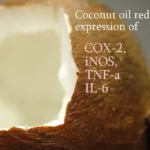
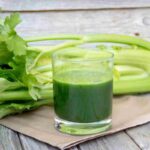





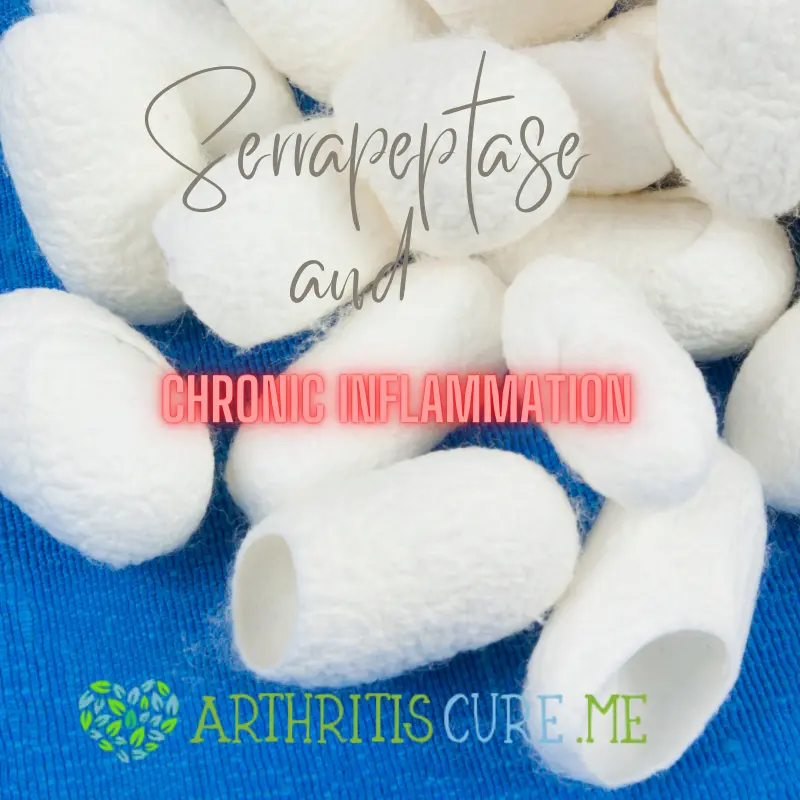


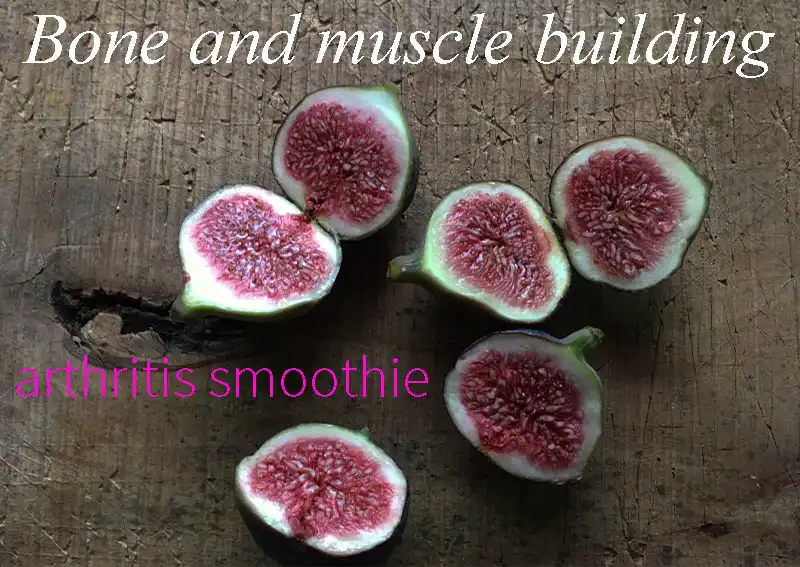

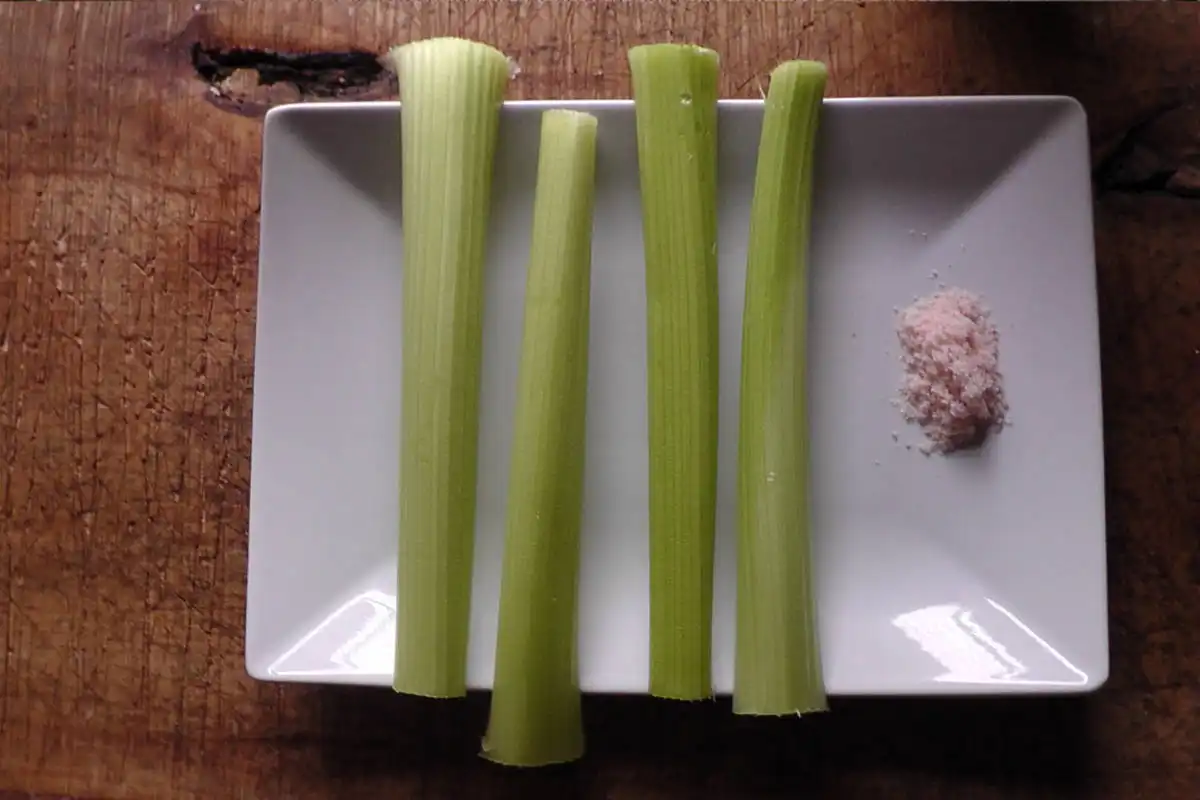

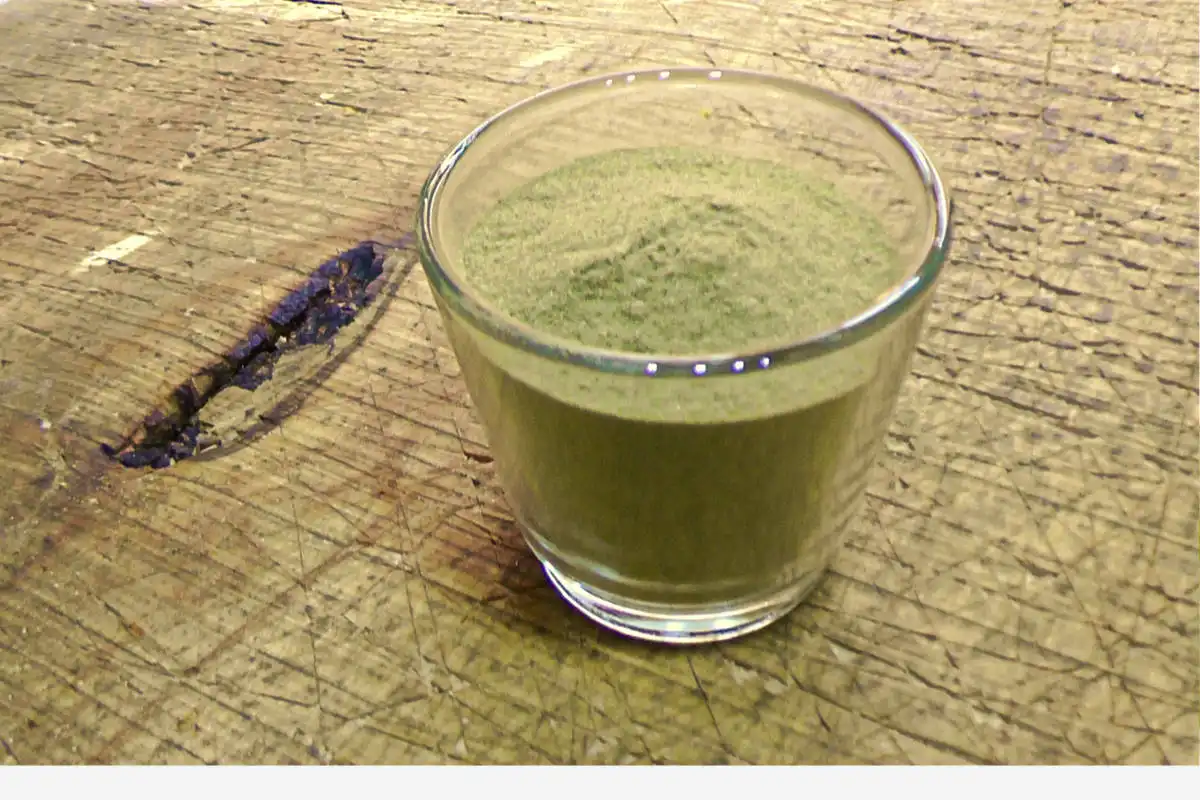

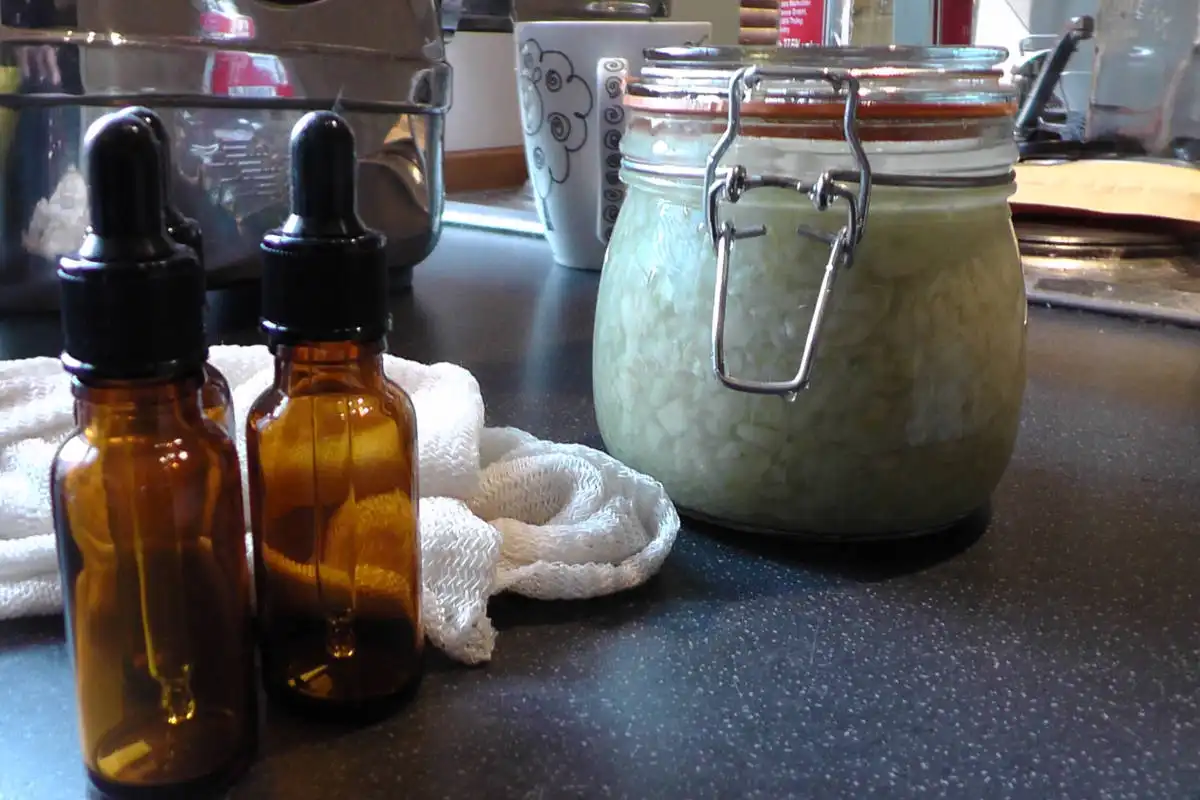
[…] oil to help balance my hormones and speed up metabolism. Living the Nourished Life shares 15 coconut oil skin recipes that look really […]